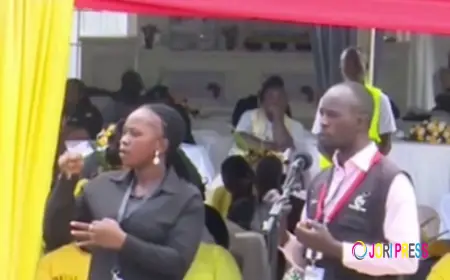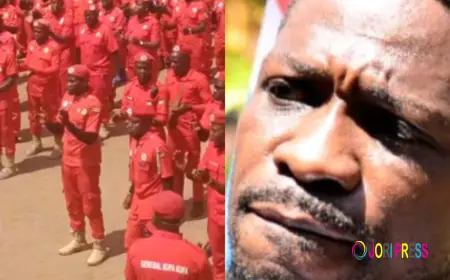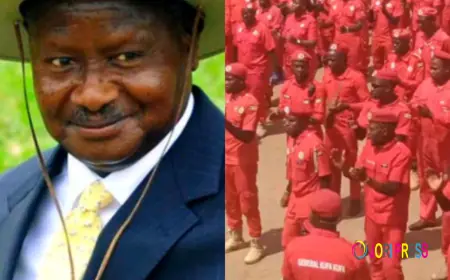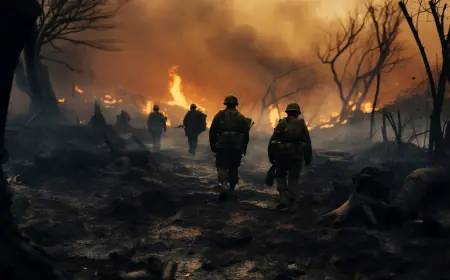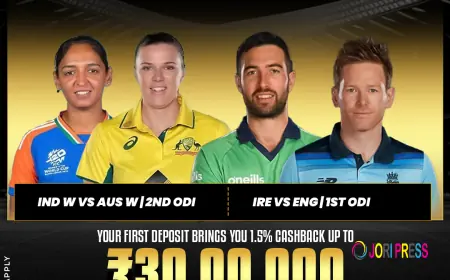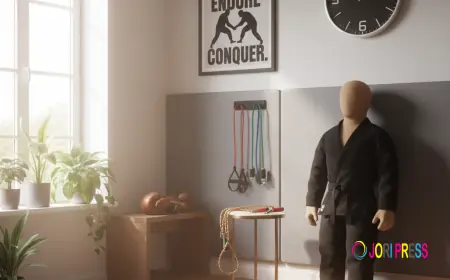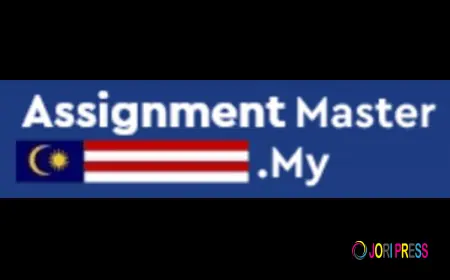Nam Blazers and small ball


Namuwongo Blazers swept UCU Canons in the second round of the National Basketball League Playoffs. The Blazers needed overtime to claim Game 3 on Sunday, September 21 at Lugogo Indoor Stadium.
In the three games, the Canons did not fold to the side seen by many as the best in the country this season. While the Blazers had fast starts, the Canons always found a way back and made every game a contest.
But why was it so? Did Blazers’ wins cloak the team’s deficiencies?
First, UCU Canons have been so good at leveraging their defensive acumen over the years, regardless of who is on the floor. In all three games, the Canons defended pretty well in the second and third quarters.
The line-ups Nick Natuhereza and Jonah Egau used for long stretches in the series had what modern basketball demands – defensive switchability. Daniel Muganzi, Marvin Okurut, Jimmy Otim, Flore Dushime, Zac Ekirapa, Alier Jongroor and Joel Kayiira, who logged the most minutes during the series, all have the ability to switch on screens.
Having Ekirapa and Jongroor on the floor meant Jimmy Lihumi and Chiedozie Raluchukwu, who are traditional large, non-shooting bigs, couldn’t play that much as the Canons played small, obviously with many iterations, some of which weren’t actually small on the balance, say with Ekirapa, Jangoor and Kayiira in the front court.
UCU’s decision to go small in the series could have been a response to the Blazers leaning heavily on small ball for their success this season, having acquired five guards.
Going small, more often than not, means sacrificing defense to outgun the opponent with pace that leads to easy offense. But for the Canons, it was not really about offense but rather matching up Blazers on the defensive end of the ball.
What was abundantly clear throughout the series was that in whatever closeout you are running as a team, you can not play in between contest and backup with Blazers guards Joel Lukoji, Jimmy Enabu, Innocent Ochera, Tony Drileba and Ivan Muhwezi.
Because of the many versatile playmakers, some taller like Drileba that can see over the top of the defense to make cross-court skip passes, it was nearly impossible for the Canons’ defense to key on any single aspect of their offense. In Game 1, it was Muhwezi who stepped in late to drain a couple of 3-pointers that held off the Canons and in Game 2, Lukoji took and led the charge in the open court and half court. Drileba controlled traffic in Game 3 when push came to shove. 




Blazers can go small and still torture opponents because of the outside shooting of Muhwezi, Ochera, and Drileba, coupled with Enabu’s drive and midrange game or the ingenuity and mystery of Lukoji.
Of course, coach Stephen Nyeko knows that the backcourt featuring Lukoji and Enabu can generate plenty of offense. But there is a challenge, a quandary. Who does he slide in at small forward when he goes small?
The success of the Blazers’ small-ball approach in the finals will inevitably rest on their ability to execute consistently and avoid matchup pitfalls against the ten-time champions, City Oilers, who exploit inside dominance through Moses Maker.
What's Your Reaction?
 Like
0
Like
0
 Dislike
0
Dislike
0
 Love
0
Love
0
 Funny
0
Funny
0
 Angry
0
Angry
0
 Sad
0
Sad
0
 Wow
0
Wow
0









